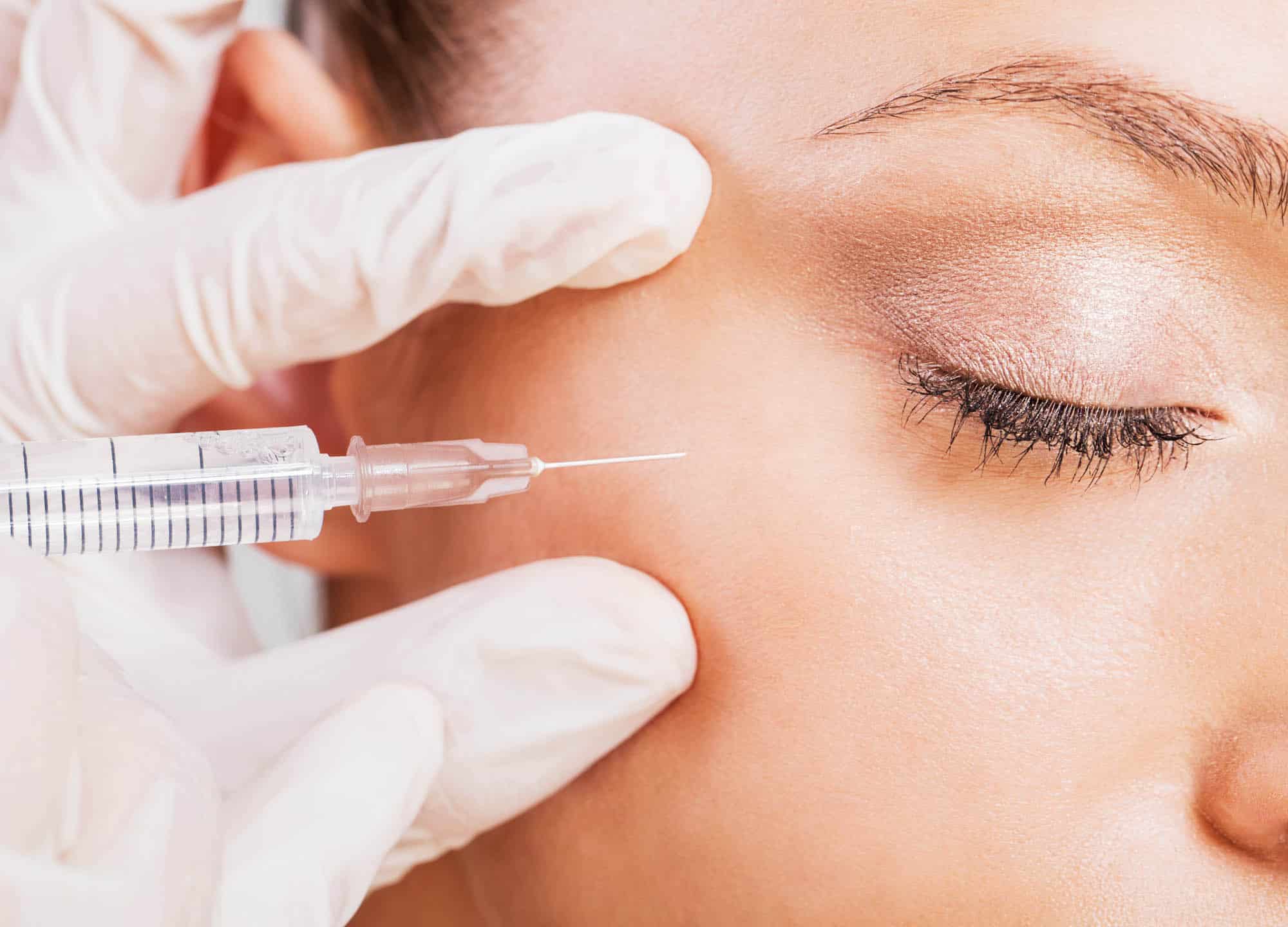As you age, you may develop cataracts, a condition in which the lens of your eye becomes cloudy. This condition makes you sensitive to light and leads to blurry vision. Cataract surgery helps you remove the cloudy lens and replace it with a lens implant. Here is how you can prepare for this surgery and what you need to do during your recovery period:
Preparing for Cataract Surgery
In preparation for your cataract surgery, your doctor will perform a detailed eye exam. This includes assessing the size and shape of your eye and selecting an intraocular lens that fits your visual needs. You may discuss your history of eye conditions or previous surgeries during this appointment. These evaluations help guide your treatment plan and surgical approach.
Your doctor will review all medications you currently use to verify that they are safe for consumption or if they should be stopped temporarily. Be transparent with your doctor about any medications you are currently using, including vitamins and supplements. It enables quality care during and after your surgery. Dietary guidelines, eye drop schedules, and transportation plans will also be discussed.
Recovering From Cataract Surgery
After cataract surgery, follow your doctor’s instructions for using eye drops and maintaining hygiene to support your healing. Eye drops help you address cases of inflammation, prevent infection, and promote proper recovery. Always wash your hands before applying drops and avoid touching the tip of the bottle to your eye. Here are a few other tips to help boost your recovery:
Avoid Strenuous Physical Activity
In the first week after surgery, your body needs rest, and your eye requires time to heal without strain. Avoid activities that involve lifting heavy objects or bending over to prevent eye strain. Listen to your body and pace yourself as you return to your daily routine.
You may choose light activities, such as walking, reading, or relaxing indoors, during this period. Protecting your eyes from sudden movement or trauma helps maintain the results of your procedure. As your recovery progresses, your doctor will guide you on when to resume normal activity levels. Focusing on gentle routines helps your eyes recover without strain.
Protect Eyes From Irritants
Light, dust, wind, and smoke will irritate your healing eye in the first few weeks. When outdoors, use sunglasses to protect your eyes from UV rays and environmental irritants. You can stay indoors on windy or smoky days to prevent discomfort and reduce exposure. Do not play games or perform activities where objects may be thrown at your eye. It is key to avoid potential trauma or irritants to your eye, as this will help streamline the healing process.
Attend Follow-Up Appointments
Your follow-up visits provide your doctor with an opportunity to assess your healing progress and identify any potential issues early. These appointments allow adjustments to your treatment plan based on your individual progress. You may have several check-ins within the first few weeks, depending on your healing rate.
Even when your eye is improving, you should not miss an appointment without consulting your doctor. Not all complications come with pain and it is possible to fail to detect them without professional help. Keeping in touch with your eye doctor will allow a you to discuss your recovery symptoms and get answers to your concerns.
Schedule a Cataract Surgery Appointment
Symptoms such as eye discomfort, increased redness, cloudy vision, or unusual discharge require immediate medical attention. Early communication with your doctor can help prevent minor concerns from developing into more significant problems. Visit an eye doctor today to get more information about cataract surgery and take the next step toward clearer, healthier vision.
- Choosing the Right Plastic Surgeon for Your Cosmetic Procedure
- Understanding Different Types of Laser Treatments for Skin Rejuvenation
- Why a Family Dentist is Key for Maintaining Oral Health
- The Benefits of Regular Visits to a Wellness Spa
- Exploring the Emotional and Psychological Triggers of Eating Disorders


Leave a Reply